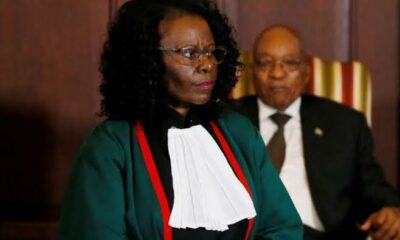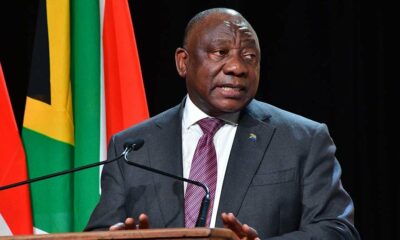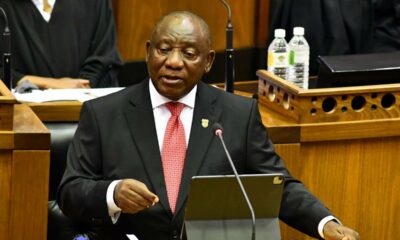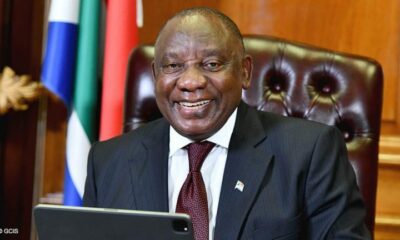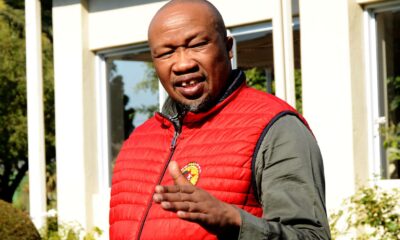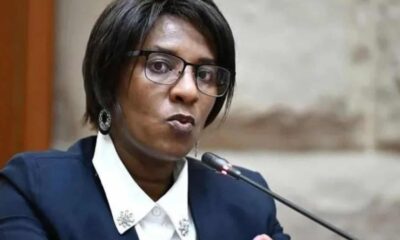News
Experts Say South Africa’s National Dialogue Must Be People-Driven, Not Led by Politicians
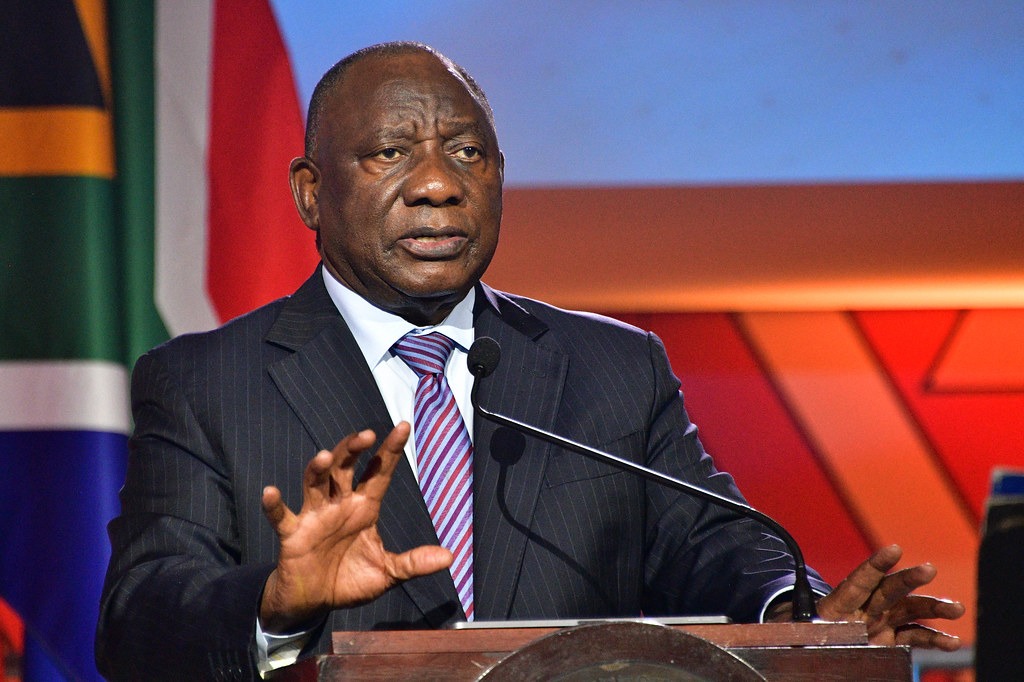
South Africans have been promised a “National Dialogue” to help shape the future of the country. But instead of being seen as a unifying platform, the process is already being questioned. Two respected political experts argue that it should not be led by the usual names from the political stage or by legacy foundations tied to past leaders. Instead, they believe it is time for ordinary citizens to take ownership of the conversation about South Africa’s future.
When the VIPs take a back seat
Professor Lesiba Teffo and Dr Levy Ndou, both political commentators, say the current stalemate, with several legacy foundations and political parties pulling out of the process, may actually be an opportunity. Their view is that civil society, local organisations, and everyday South Africans should step into the space and decide what kind of nation they want to build.
The role of government, they argue, should be limited to providing logistics and funding. Leadership, they insist, must come from communities themselves.
Old policies, new problems
South Africa’s problems are not new. Poverty, landlessness, unemployment, crime, and immigration chaos remain stubborn realities. According to Teffo, many of these issues have roots in the compromises struck during the pre-1994 talks. He argues that leaders of that era failed to confront land and migration honestly, and today the country is paying the price.
His criticism is sharp: the very leaders who failed to solve these crises are now trying to sit at the “front table” of the dialogue, positioning themselves once again as problem-solvers. For Teffo, this cannot be allowed to continue.
Foundations pull out; citizens left uncertain
The Thabo Mbeki, FW de Klerk, Desmond and Leah Tutu, Steve Biko, Albert Luthuli, and Oliver and Adelaide Tambo foundations have already withdrawn from the Preparatory Task Team and the first Convention. Their reasoning: it has been rushed, exclusionary, and too top-heavy.
Some GNU parties, including the DA, withdrew from the talks, leaving Ramaphosa with fewer political allies and a handful of civil society organisations.
Meanwhile, the positions of the Nelson Mandela and Ahmed Kathrada foundations remain unclear. Neither has made a public statement, leaving observers unsure of their stance.
A people’s dialogue, not a politician’s stage
Dr Ndou sees the moment as a turning point. For him, the absence of the big-name institutions could open the door to voices that have long been sidelined. “The people who have pulled out are the people who have already had a chance to lead. Now it is time to hear ordinary citizens,” he explained.
He also cautioned against expecting perfection. This is the first attempt at a truly people-driven dialogue, and it may be messy, but that should not be an excuse to keep power in elite hands. The state, in his view, should simply listen and learn, not lead.
Why it matters now
The call for a people-driven dialogue comes at a time of deep national frustration. South Africans are struggling with unemployment that refuses to ease, crime levels that make headlines daily, and economic growth that remains sluggish. On social media, many users have voiced scepticism about whether yet another “dialogue” can change anything, while others welcome the chance for grassroots voices to finally step forward.
The question now is whether the state and political heavyweights will truly step aside, or whether the dialogue risks becoming another stage-managed event where the same elite voices dominate.
For many South Africans, the answer may determine whether this dialogue becomes a historic moment of renewal or just another missed opportunity.
Also read: Will South Africa’s National Dialogue Really Cost R400 Million?
Follow Joburg ETC on Facebook, Twitter, TikT
For more News in Johannesburg, visit joburgetc.com
Source: The Citizen
Featured Image: LinkedIn/Melanie Verwoerd

